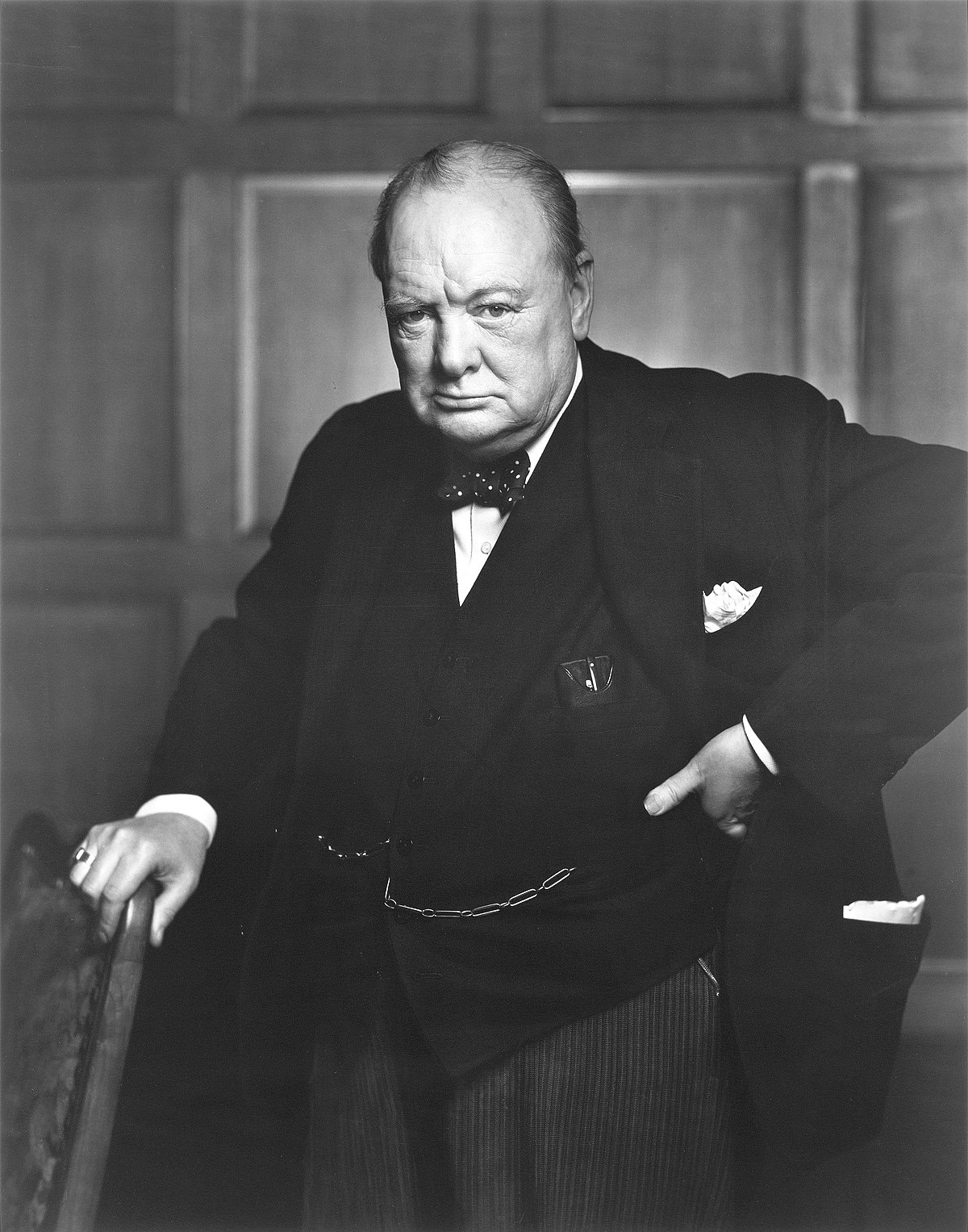Quaid-e-Azam Biography:
Muhammad Ali Jinnah, revered as the Quaid-e-Azam (Great Leader) in Pakistan, was a barrister, politician, and the founder of the nation. Born into a mercantile family in Karachi on December 25, 1876 (though some records suggest October 20, 1875), Jinnah’s life witnessed the tumultuous period of pre-independence India and his rise to political prominence as the champion of Muslim self-determination.
Quaid-e-Azam Nationality & Age:
Jinnah held Indian nationality before the partition and the creation of Pakistan in 1947. He passed away on September 11, 1948, at the age of 71, serving as the first Governor-General of Pakistan until his death.
Quaid-e-Azam Education and Schooling:
After initial home schooling, Jinnah received his formal education at Sindh Madressat-ul-Islam in Karachi. He pursued law at Lincoln’s Inn in London, becoming the youngest Indian to be called to the Bar at the age of 21.
Quaid-e-Azam Relationship and Personal Life:
Jinnah married twice. His first wife, Emtibai Jinnah, passed away young in 1929. He later married Ruttenbai Jinnah, who converted to Islam and took the name Rattanbai Jinnah. Their only daughter, Dina Wadia, migrated to the United States after Pakistan’s creation.
Quaid-e-Azam Career Beginnings:
Returning to India, Jinnah established himself as a successful barrister in Bombay. He entered politics in 1906, joining the Indian National Congress and advocating for Hindu-Muslim unity. However, growing concerns about Muslim political rights led him to increasingly support a separate Muslim state.
Quaid-e-Azam Career and Contributions:
Jinnah’s political career saw him rise through the ranks of the Indian National Congress. He played a key role in shaping the 1916 Lucknow Pact, promoting Hindu-Muslim unity. However, disillusioned by the lack of Muslim representation and growing communal tensions, he joined the All-India Muslim League in 1913 and eventually became its leader in 1934.
His decisive leadership and advocacy for a separate Muslim homeland gained widespread support, culminating in the creation of Pakistan in 1947. He served as the nation’s first Governor-General, laying the foundation for its political and social structure.
Quaid-e-Azam Achievements and Awards:
Jinnah’s greatest achievement is undoubtedly the creation of Pakistan. He is revered as the Father of the Nation in Pakistan for his unwavering leadership and vision. Although he received no formal awards, his legacy lives on in the nation he helped build.
Quaid-e-Azam Conclusion and Legacy:
Quaid-e-Azam Muhammad Ali Jinnah remains a controversial figure in the subcontinent’s history. While some celebrate him as the founder of Pakistan, others criticize his role in the partition. Regardless of differing perspectives, his impact on the region’s political landscape and the creation of Pakistan are undeniable. His legacy continues to inspire and spark debate, solidifying his place as a pivotal figure in South Asian history.



